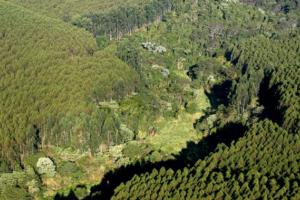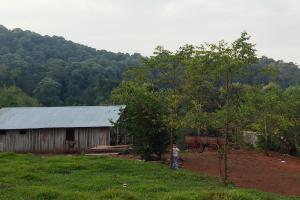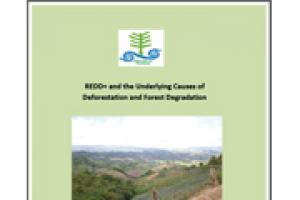International Forest Policies
Tropical forests have been on the United Nations’ agenda since the 1992 Earth Summit in Rio de Janeiro, Brazil. Unfortunately, corporate interests have co-opted these processes and initiatives, and they now promote mostly market-based ideas—such as the 'green' economy or green’ capitalism—which are false solutions.
Suzano was present at the 2021 UN climate negotiations for one main reason: to promote tree plantations as a ‘solution’ to climate change, under the name of ‘nature-based solutions’. It aims to profiteer ever more from the so-called climate policies.
The tens of millions of euros that the government of Acre received from the German government for its REDD+ program failed to stop deforestation. Despite this fact several Brazilian states continue to receive funds from the German government.
A key tactic for the giant pulp producer, Suzano S.A, to keep expanding its industrial eucalyptus plantations in Brazil, is to market itself as a company that practices “conservation” and “restoration.” This conceals its disastrous track record related to forest and forest-dwelling populations.
While the destruction of forest territories continues, more pledges, agreements and programs are being implemented in the name of ‘addressing deforestation and climate change’.
Despite the government of Brazil announcing cutbacks to action against deforestation, the Green Climate Fund awarded US$ 96 million for alleged emission reductions in the Brazilian Amazon. These avoided emissions in part exist only on paper.
A compilation of articles from the World Rainforest Movement Bulletin on the occasion of the 14th meeting of the Conference of the Parties to the Convention on Biological Diversity (CBD), to be held 17 - 29 November, in Sharm El-Sheikh, Egypt.










